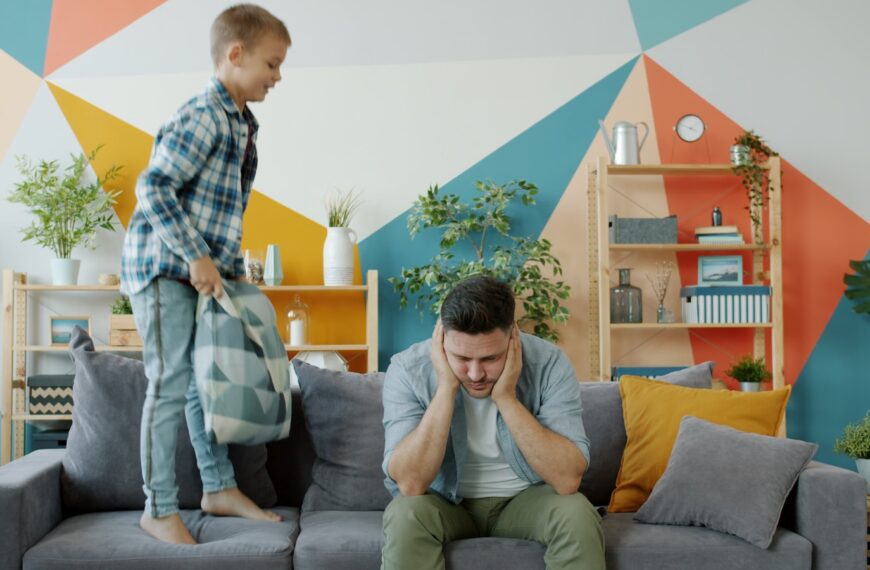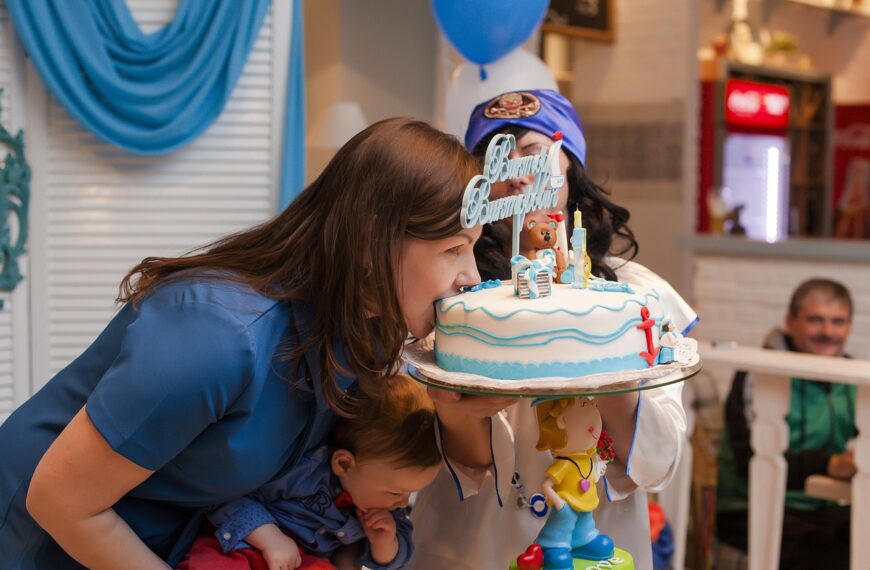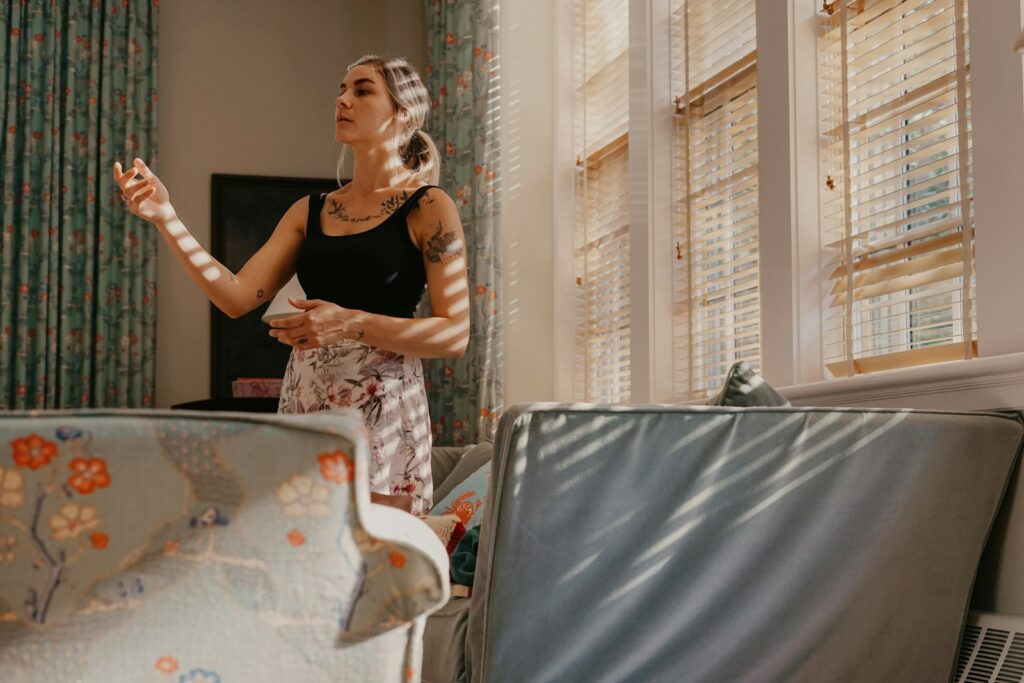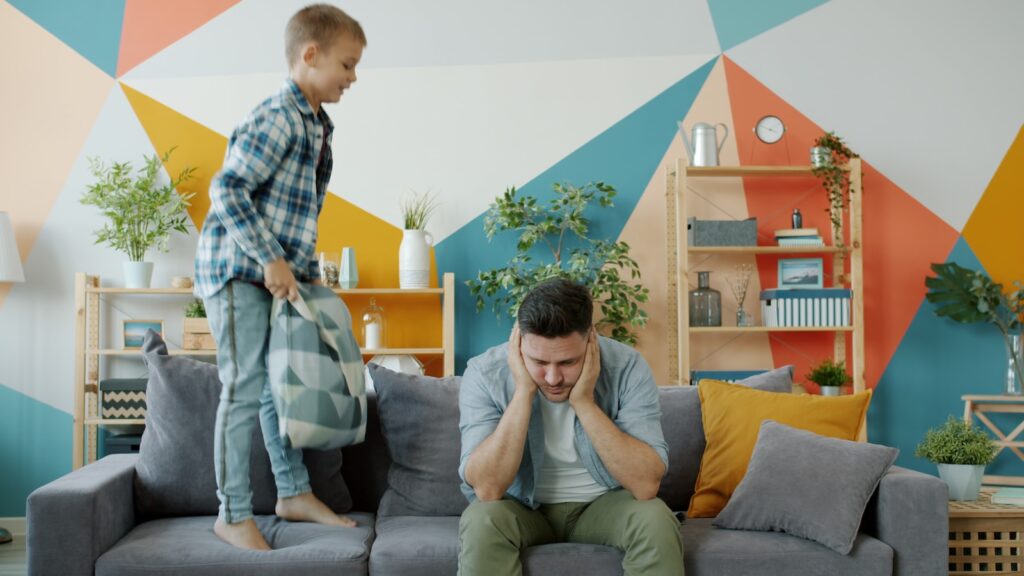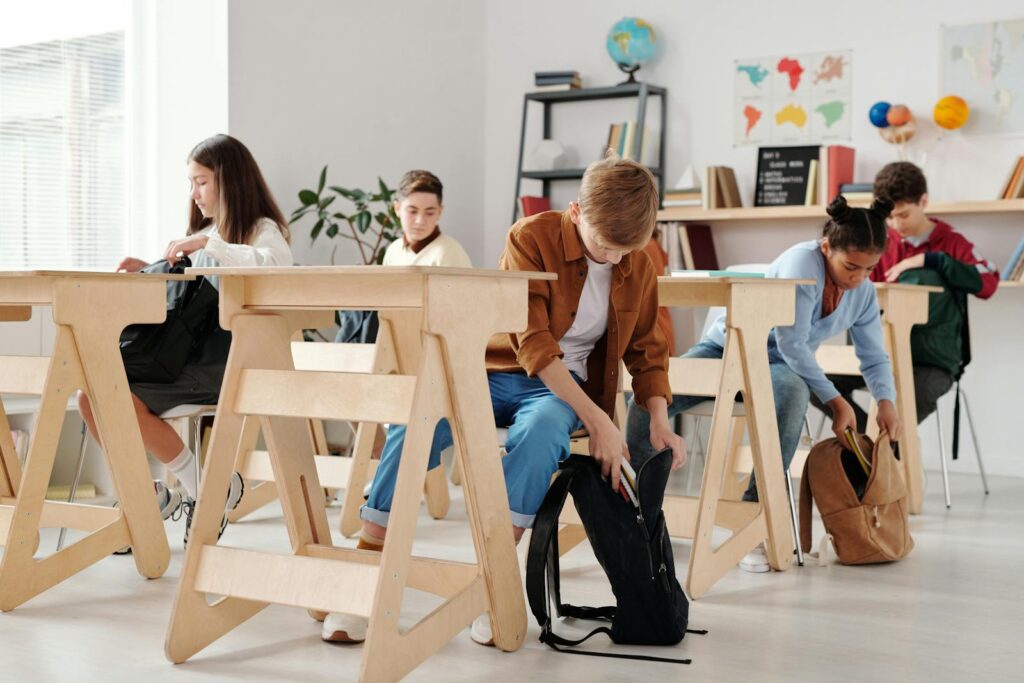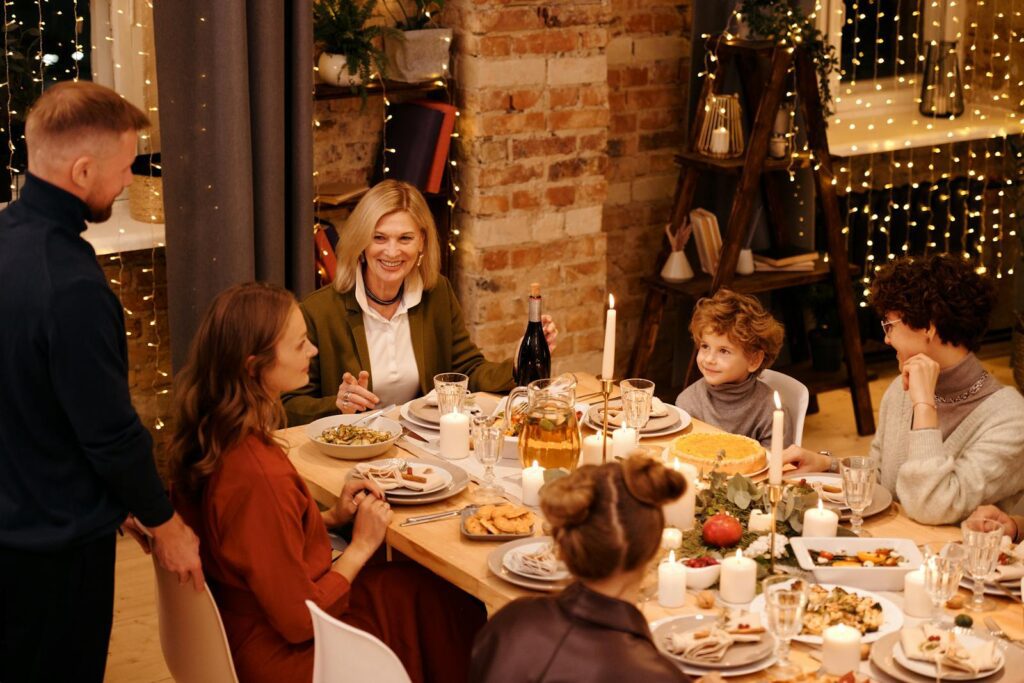In a world that seems to be increasingly driven by consumerism, it’s easy to accumulate more stuff than we need or even truly want. And it’s equally easy to feel guilty when we think about getting rid of those items, even when they no longer serve us.
This guilt can stem from a variety of sources – the money spent on these items, the sentimental value attached, or even the environmental impact of throwing things away. But decluttering doesn’t have to be a burden. In fact, it can be a liberating, fulfilling process that brings more simplicity, calm, and joy to your life. Here are 16 ways you can declutter without the guilt.
1. Recognize the Value of Space

Recognizing the value of open space in your home is the first step toward decluttering without guilt. Space is not just an absence of things; it’s a valuable asset that can improve your mood, productivity, and overall quality of life. When you view space in this light, you can see that by decluttering, you’re not just getting rid of stuff, but gaining something valuable in return.
Too often, we measure wealth by the number of things we have. But the Japanese concept of ‘Ma’ teaches us that space and emptiness have their own intrinsic value, much like silence in a piece of music. By recognizing this, we can start to appreciate decluttering as an act of self-care and self-empowerment, rather than something to feel guilty about.
2. Donate to Charitable Organizations

If you’re struggling with guilt about getting rid of items, consider donating them to charitable organizations. Not only will you be creating more space in your home, but you’ll also be helping those in need. This is a win-win situation that can help alleviate any feelings of guilt associated with decluttering.
There are many organizations that accept a wide range of items, from clothing and household goods to books and toys. For example, Goodwill and The Salvation Army have drop-off locations throughout the country, and many local charities also accept donations. So before you throw something away, consider whether it might be of use to someone else.
3. Sell Items Online

Selling your unwanted items online is another great way to declutter without guilt. By selling items, you can recoup some of the money you spent on them, which can help alleviate any feelings of guilt associated with getting rid of them. Plus, you’ll be giving these items a new life with someone who wants and values them.
There are many online platforms where you can sell your items, such as eBay, Craigslist, and Facebook Marketplace. Keep in mind that selling items online does require some effort, including taking photos, writing descriptions, and shipping items. But for many people, the benefits of making some money and finding a new home for their items outweigh the effort involved.
4. Repurpose Items

Repurposing items is a creative and guilt-free way to declutter. Instead of throwing away an item, consider how it might be used in a new way. This not only helps you declutter, but it also extends the life of the item, which is good for the environment.
For example, you might turn an old ladder into a bookshelf, or use wine corks to make a bulletin board. The possibilities are endless, and there are plenty of online resources to inspire you. Plus, repurposing items can be a fun and fulfilling creative project.
5. Practice Mindful Shopping

One of the best ways to declutter without guilt is to prevent clutter from accumulating in the first place. This involves practicing mindful shopping – being intentional and thoughtful about what you buy. When you shop mindfully, you’re more likely to buy things that you truly need and will use, rather than items that will just end up cluttering your space.
Before making a purchase, ask yourself questions like: Do I really need this? Will I use this regularly? Do I have space for this? Is this worth the money? By being more mindful about your shopping habits, you can reduce the amount of stuff you have to declutter in the future, and thus, reduce potential decluttering guilt.
6. Start Small

If the thought of decluttering your entire home feels overwhelming, start small. Choose one area to focus on – it could be a drawer, a shelf, or a corner of a room. This makes the process feel more manageable and less daunting.
Starting small also gives you the chance to experience the benefits of decluttering without feeling overwhelmed. As you see the positive effects of decluttering – more space, less stress, a sense of accomplishment – you may find that any feelings of guilt begin to dissipate. And this can motivate you to tackle larger decluttering projects in the future.
7. Practice the One In, One Out Rule

The “one in, one out” rule is a simple but effective strategy for maintaining a decluttered space. The rule is simple: for every new item you bring into your home, you must get rid of an old one. This helps prevent new clutter from accumulating and keeps your home in balance.
Practicing this rule can help alleviate decluttering guilt because you’re making a conscious decision about what to keep and what to let go of each time you acquire something new. It forces you to be mindful about what you bring into your home and what you really need, which can ultimately reduce the amount of stuff you have to declutter.
8. Consider the Cost of Keeping Items

When you’re holding onto items out of guilt, consider the cost of keeping them. This cost isn’t just financial – it also includes the space the items take up, the stress of having a cluttered home, and the time and energy it takes to maintain and organize these items.
When you consider these costs, you might realize that keeping these items is more burdensome than letting them go. And this realization can help alleviate any guilt you might feel about decluttering. After all, your well-being and peace of mind are more important than holding onto items that no longer serve you.
9. Remember that Things Don’t Equal Memories

One of the main reasons people feel guilty about decluttering is because they associate items with memories. But it’s important to remember that things don’t equal memories. You can let go of an item without losing the memory associated with it.
If you’re struggling to let go of an item because of sentimental reasons, consider taking a photo of it before you get rid of it. This way, you can preserve the memory without keeping the physical item. You might also consider keeping just one or two representative items from a collection, rather than the entire collection.
10. Create a Maybe Box

If you’re struggling to decide whether to keep or get rid of an item, consider creating a “maybe box”. Put the item in the box and set a reminder for six months from now. If you haven’t needed or thought about the item in that time, it’s probably safe to get rid of it.
This strategy gives you the opportunity to see whether you truly need or want the item, without the pressure of having to make an immediate decision. And by giving yourself permission to revisit the decision later, you can alleviate any guilt or anxiety you might feel about decluttering.
11. Focus on the Benefits of Decluttering

Focusing on the benefits of decluttering can help alleviate any guilt you might feel about getting rid of items. Decluttering can create more space in your home, reduce stress, improve your mood, and even save you time and money.
Try writing down all the benefits you can think of, and refer to this list whenever you feel guilty about decluttering. This can serve as a powerful reminder of why you’re choosing to declutter and can help motivate you to continue the process.
12. Use the 20/20 Rule

The 20/20 rule is a useful tool for decluttering without guilt. The rule is simple: if you can replace an item within 20 minutes for less than $20, it’s safe to get rid of it.
This rule helps you let go of “just in case” items – things you’re keeping because you might need them someday. Most of the time, these items just end up cluttering your space and you never actually use them. By applying the 20/20 rule, you can declutter these items without feeling guilty.
13. Consider the Environmental Impact

Considering the environmental impact of your items can help alleviate decluttering guilt. Many items, especially electronics and plastic goods, can harm the environment if they’re not disposed of properly.
By recycling, donating, or selling your items, you can ensure they’re disposed of in an environmentally friendly way. And this can help alleviate any guilt you might feel about getting rid of them. Plus, by decluttering in an environmentally conscious way, you’re also doing your part to help the planet.
14. Get Help from a Friend

If you’re feeling guilty about decluttering, consider getting help from a friend. A friend can provide a fresh perspective and help you make decisions about what to keep and what to get rid of.
Choose a friend who is supportive and understanding, but also able to be objective. They can help you see that it’s okay to let go of items, and can provide moral support during the decluttering process. Plus, decluttering with a friend can also make the process more fun.
15. Practice Gratitude

Practicing gratitude can be a powerful tool for decluttering without guilt. Instead of focusing on what you’re losing by getting rid of items, focus on what you’re gaining – more space, less stress, a more organized home.
Take a moment to express gratitude for each item before you let it go. Thank the item for serving you, and wish it well in its next life. This practice can help you let go of items with love and gratitude, rather than guilt.
16. Remember that It’s a Process

Finally, remember that decluttering is a process. It’s not something you have to do all at once, and it’s okay to take your time. Be patient with yourself, and celebrate your progress along the way.
If you’re feeling guilty about getting rid of items, remind yourself that it’s okay to feel this way. It’s a normal part of the decluttering process. But don’t let this guilt stop you from creating a home that feels good to you. Remember, your home is for you to live in, not just a storage space for stuff.



